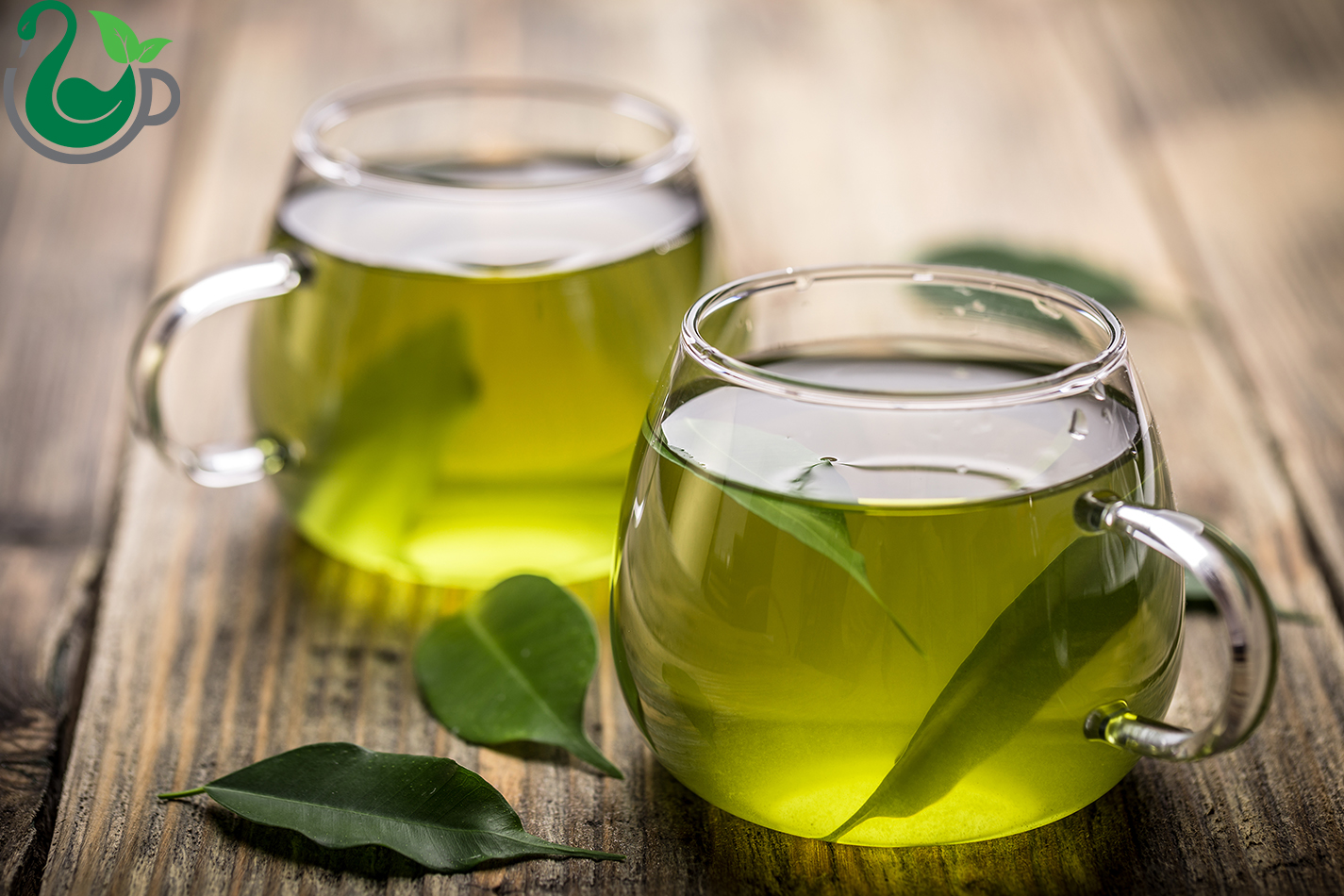Intake of EGCG (Epigallocatechin Gallate), the major catechin present in green tea, with green tea infusions and green tea extract (GTE)-based products and supplements is up to about 450 mg EGCG per person daily in Europe and higher in Asia.
But one question that raises concerns about the frequent use of green tea is, "Can epigallocatechin gallate (EGCG) cause liver toxicity in consumers of products containing this compound?" This is especially true with regard to dietary supplements that include green tea extract.
In response, it is stated that drinking green tea infusion and GTE-based beverages is considered safe in the range of historical uses, and so far, no direct association between green tea consumption and liver damage has been observed in humans.

Researchers have reviewed the safety of catechins, such as EGCG, present in GTE-based products.
Clinical intervention studies indicate that intakes 300-600 mg of EGCG per person daily do not cause liver toxic or adverse effects.
Based on current research, ingesting epigallocatechin gallate (EGCG) in the recommended amounts appears to be safe for the liver. However, we recommend enjoying green tea or GTE-based products in moderation, splitting them into several servings throughout the day.
Note that the infusion temperature and time have an impact on the amount of EGCG in a cup of green tea. According to a study, each cup of green tea (1 green tea bag per 8 oz of boiled water, 10 minutes) provided 232 mg of catechins and approximately 110 mg of EGCG.
- Dekant, W., Fujii, K., Shibata, E., Morita, O., & Shimotoyodome, A. (2017). Safety assessment of green tea based beverages and dried green tea extracts as nutritional supplements. Toxicology Letters, 277, 104-108. Retrieved from https://www.researchgate.net/publication/317872039
- Basu, A., Sanchez, K., Leyva, M.J., Wu, M., Betts, N.M., Aston, C.E., & Lyons, T.J. (2010). Green Tea Supplementation Affects Body Weight, Lipids, and Lipid Peroxidation in Obese Subjects with Metabolic Syndrome. Journal of the American College of Nutrition, 29 (1), 31–40. Retrieved from https://www.researchgate.net/publication/44902138
- Saklar, S., Ozdemir, I.S., & Karadeniz, B. (2015). Effects of different brewing conditions on catechin content and sensory acceptance in Turkish green tea infusions. Journal of Food Science and Technology, 52(10), 6639–6646. Retrieved from https://www.ncbi.nlm.nih.gov/pmc/PMC4573099